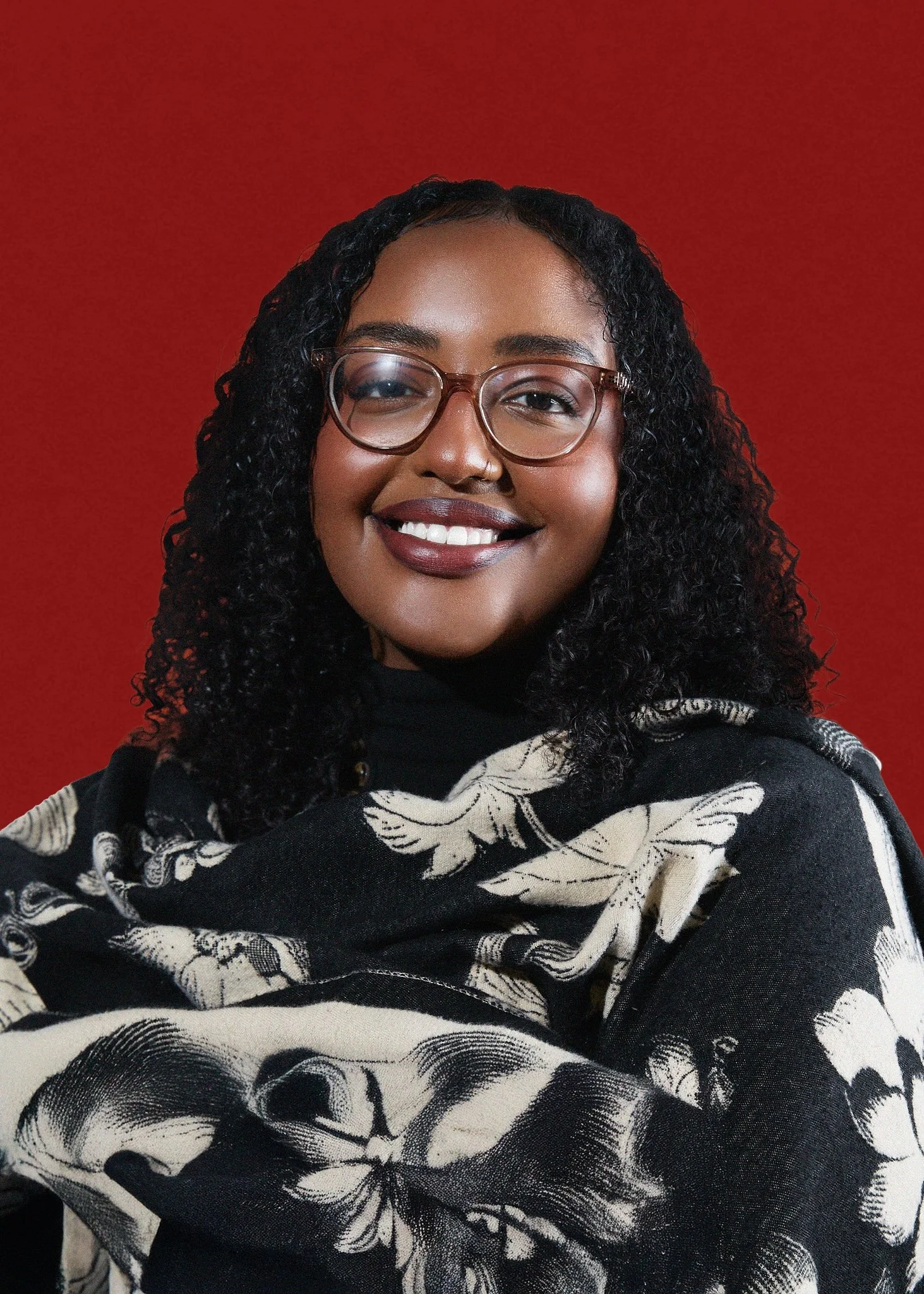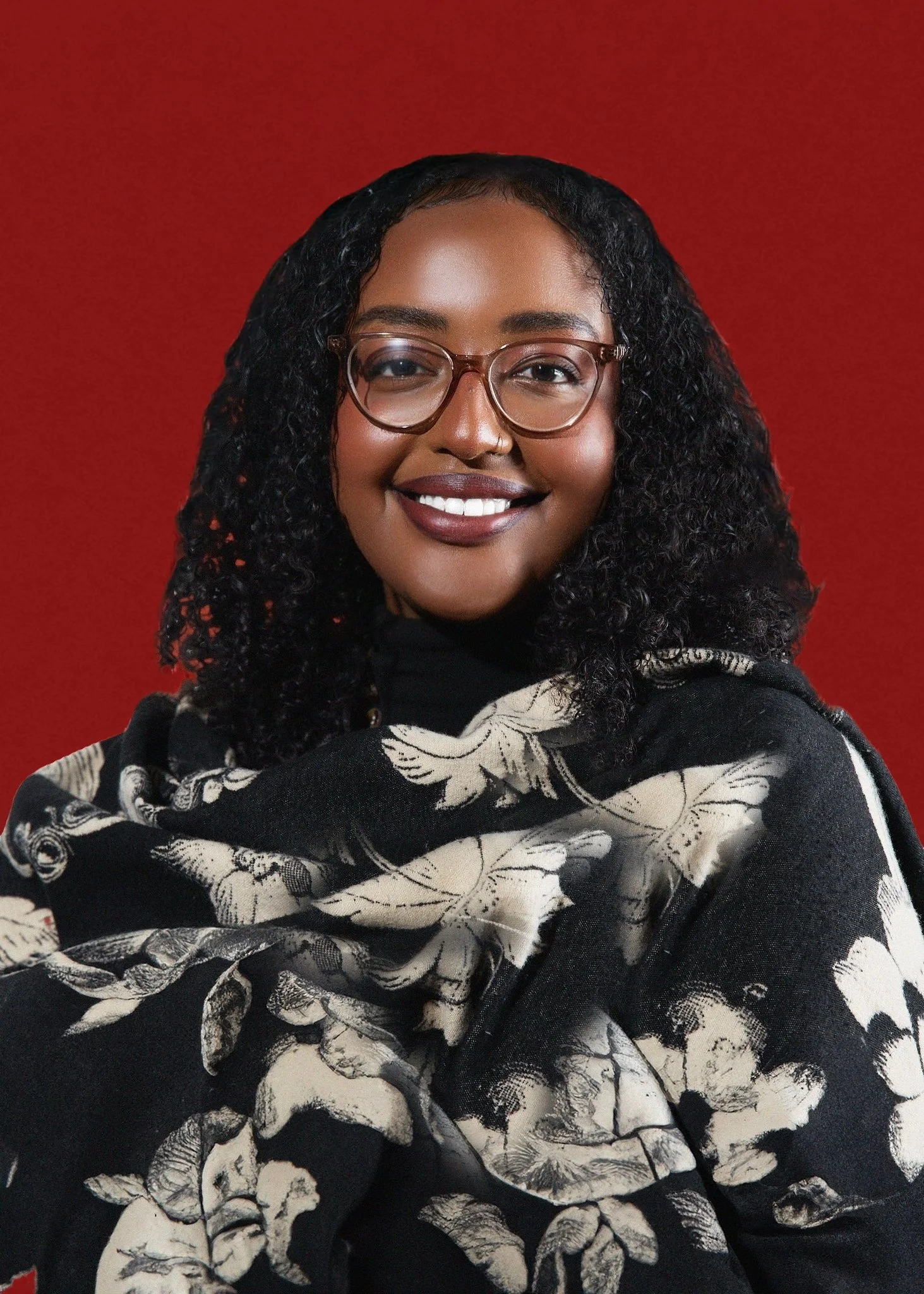Azzah Nasraddin, LCSW, MPH
She/Her | Clinical Director | Trauma and ADHD Specialist |
Bilingual Arabic English | 📧azzah@neurobloommhc.com




Insurance & Cost:
BCBS PPO
Aetna PPO
United Healthcare
Private Pay/Sliding Scale Options
Cigna Panelling Coming soon
Medicaid Panelling Coming Soon
Modalities:
Cognitive Behavior Therapy (CBT),
Dialectical Behavior Therapy (DBT)
Acceptance and Commitment Therapy (ACT)
IFS/parts work
Somatic (Body-based) Therapy
Mindfulness Therapy
Specialties:
Complex, Religious & Intergenerational Trauma
ADHD in Adults & Executive Function
Narcissistic Abuse & Coercive Control Recovery
Identity, Culture, Faith, & Acculturation Stress
Anxiety, Burnout, and Chronic Stress
NeuroPlasticity and Nervous System Regulation
Gender & Sexual Identity
Q&A
-
I’m a vegetable gardener. There’s something beautiful and humbling about planting seeds, waiting, nurturing, and seeing things bloom in their own time. That’s also how I see therapy: slow, intentional, and rooted in care.
I also genuinely love reality TV. It’s not just a guilty pleasure. I watch it because it tells us so much about human behavior. We see attachment wounds, identity crises, shame spirals, conflict styles, and emotional survival play out in real time. It’s messy, but so are we.
-
It means I’ve always been building my own blueprint. I had to ask myself early on: What does spirituality mean to me, beyond what I was taught? What does freedom look like when I also value deep community and loyalty? How can I honor tradition without erasing my autonomy? Living in between also sparked my commitment to joy as resistance. When you grow up in systems not made for you, carving out moments of joy, curiosity, and pleasure is a form of reclamation. It’s not shallow, it’s survival.
-
It influences everything. I don’t see therapy as just a clinical tool—it’s a liberation practice. That’s where psycholiberation theory comes in. We are not just individual brains walking around with problems. We are shaped by systems—colonialism, capitalism, racism, patriarchy—and those systems don’t disappear when we enter the therapy room. Psycholiberation asks: What have you internalized? Who told you it had to be this way? What parts of you have been buried or shamed? My work helps people unlearn the narratives that never belonged to them and rebuild something real.
-
I work with people who live in complexity. Second-generation immigrants. Neurodivergent folks. People navigating executive dysfunction, high-functioning burnout, identity confusion, and perfectionism. Often they’ve been holding it all together for years, until something breaks—and they land in therapy wondering, “Why can’t I do this anymore?”
The truth is, they’re not broken. They’ve just reached their threshold. And that’s often where the real work begins.
-
I’m structured and warm. I give homework. I like to keep sessions grounded in tools and intention, not just conversation. But I also bring humor, humanity, and realness. I don’t believe therapy has to be cold or clinical to be effective.
I draw from evidence-based practices—CBT, DBT, ACT, somatic tools, neuro-mapping—but I also let the relationship guide the work. The goal is not just insight. It’s integration.
-
As a difference, not a deficit. Many of my clients live in neurodivergent bodies—whether that’s ADHD, sensory sensitivity, executive dysfunction, OCD traits, or CPTSD. I understand those experiences both professionally and personally.
I believe neurodivergence is often a result of living in a world that asked you to perform instead of exist. It’s shaped by environment, trauma, culture, and survival. I emphasize neuroplasticity because our brains can change—but change doesn’t mean erasing who you are. It means building a life that supports the way your brain naturally works.
-
“When you know better, you do better.”
That’s what I come back to again and again. You’re not supposed to know everything already. You’re not supposed to have it all figured out. Therapy helps you learn, reflect, and build better tools. Once you have those, you get to make new choices. -
Yes. James Baldwin said:
“It took many years of vomiting up all the filth I had been taught about myself, and half-believed, before I was able to walk on the earth as though I had a right to be here.” That quote lives in my bones. It captures the real work of therapy—reclaiming your right to exist, to feel, to take up space, to find joy. Not just to survive, but to thrive. -
Because I got tired of therapy feeling disconnected from real life & culture, that explicility name the systems and realities we navigate. NeuroBloom started as a vision for a space where healing could feel both clinically sharp and deeply human. Where science meets soul. Where people can unlearn survival mode and actually start living again.
-
t means we go at your nervous system’s pace. We don’t rush. We don’t pathologize coping. We build safety first, because insight without safety doesn’t stick. My work blends body-based awareness with science-backed approaches like CBT, DBT, and parts/nervous system regulation/somatic based body work all through a lens of compassion and curiosity.
-
You don’t leave your culture at the door when you come to therapy, so neither do I. We talk about family, faith, belonging, language, and identity because they shape how we see ourselves. Healing has to include the systems that raised us, the expectations we carry, and the ones we’re learning to release.
-
Change isn’t a straight line, it’s a spiral. You’ll circle back to the same lessons with more awareness each time. My job isn’t to fix you because you were never broken to begin with.
I chose the garden motif because healing isn’t about forcing growth, it’s about creating the right conditions for it. Soil needs rest. Roots need darkness before they bloom. We talk about growth here not as constant improvement, but as the slow remembering of who you were before the world told you otherwise. Therapy, at its best, is tending to the mind, the body, & the parts of you that never stopped trying.
